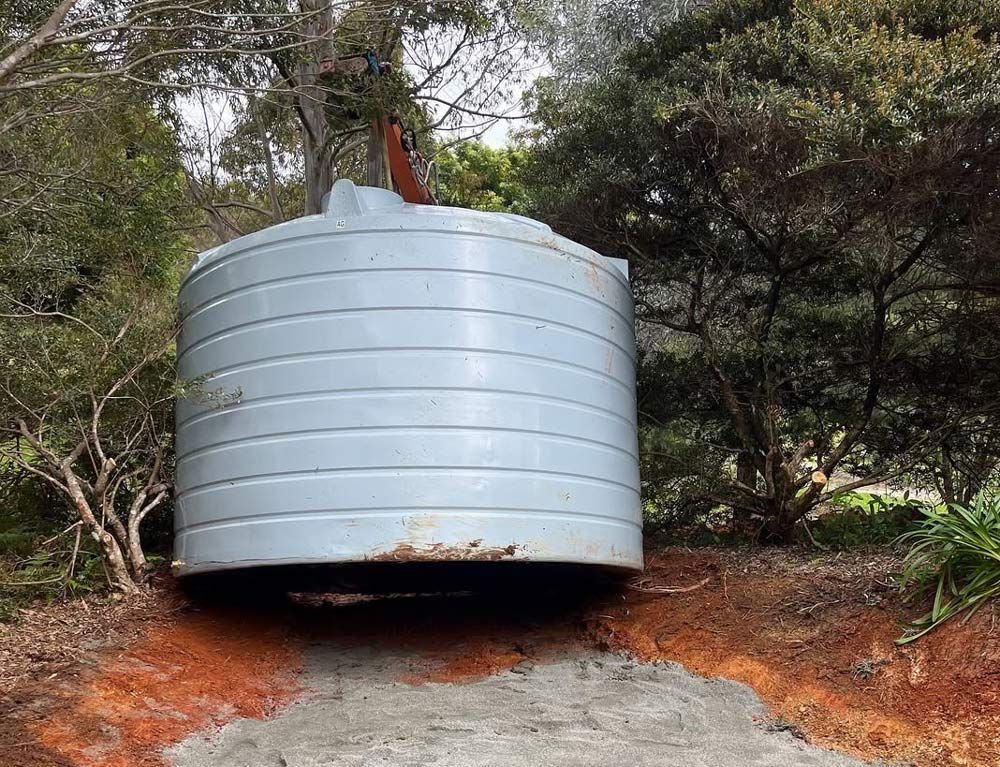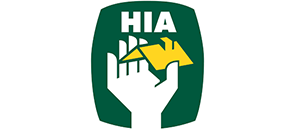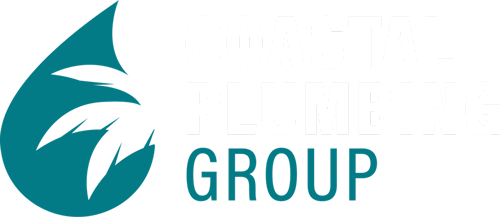How to Avoid Water Damage with Proper Plumbing Maintenance
Table of Contents
- Spotting Early Signs of Plumbing Trouble Before They Escalate
- The Crucial Role of Routine Plumbing Inspections
- Why You Shouldn’t Ignore Slow Drains & Low Water Pressure
- How Pipe Leaks Develop & What You Can Do to Stop Them
- Seasonal Plumbing Tips to Prepare for Wet Weather
- Understanding the Impact of Tree Roots on Your Plumbing System
- When to Call a Professional: Avoiding DIY Pitfalls
- Rely on Us for Your Plumbing Needs in Coffs Harbour
Water damage can quietly become one of the most expensive problems a property owner faces. It often starts small—with a slow drip or a clogged drain—and escalates before it’s even noticed. Yet, many of these issues are preventable with regular plumbing maintenance. Understanding how your plumbing system works and recognising early warning signs can help protect your home or business from structural damage, mould growth, and costly repairs.
This blog explains how a well-maintained plumbing system plays a crucial role in preventing water damage, offering straightforward tips and expert-backed advice to keep your property safe and dry.
Spotting Early Signs of Plumbing Trouble Before They Escalate
Plumbing issues don’t always announce themselves loudly. Many begin subtly and worsen over time, often hidden behind walls or beneath floors.
- Unusual water stains: Discolouration on ceilings, walls or floors could indicate a hidden pipe leak.
- Persistent musty odours: Damp, stale smells may mean water is collecting in unseen areas, fostering mould growth.
- Dripping taps or running toilets: Constant water flow increases your bill and suggests deeper plumbing inefficiencies.
- Sudden spikes in water bills: If your usage habits haven’t changed, a concealed leak or running fixture may be the culprit.
- Mould spots: Small dark patches in corners or near plumbing fixtures can point to moisture from unseen leaks.
- Ignoring these signs often leads to larger, more expensive damage. Acting on them early can help contain issues before they spiral.
The Crucial Role of Routine Plumbing Inspections
Routine inspections form the backbone of a sound plumbing maintenance strategy. They help you avoid surprises and increase the longevity of your plumbing infrastructure.
- Identifying potential issues early: Plumbers use tools like thermal imaging and camera scopes to detect hidden leaks, corrosion, and pipe blockages.
- Extending the lifespan of components: Regular maintenance prevents the wear and tear that leads to premature failures.
- Ensuring compliance: Professionals ensure your system adheres to current standards, which is especially important in older buildings.
- Maintaining water quality: Corroded pipes and backflow can contaminate your supply—inspections catch these problems before they affect your health.
An annual inspection is typically sufficient for most homes, though properties with older systems may benefit from biannual checks.
Why You Shouldn’t Ignore Slow Drains & Low Water Pressure
Minor frustrations, such as slow drainage or weak water flow, can hint at underlying problems that, if left unresolved, could escalate into major damage.
- Blockages: Grease, soap scum, and hair build up over time, gradually slowing water flow and risking a complete blockage.
- Pipe corrosion: Ageing galvanised steel pipes corrode internally, narrowing the passage and weakening structural integrity.
- Leaks: Low water pressure might result from an unseen leak diverting flow and soaking into your structure.
Maintaining clear pipes with regular cleaning and promptly attending to reduced flow can save thousands in eventual repairs.
How Pipe Leaks Develop & What You Can Do to Stop Them
Leaks may seem insignificant initially, but even a minor drip can waste litres of water daily and cause major damage over time.
- High water pressure: While great for showers, excessive pressure stresses pipes, fittings and joints.
- Temperature fluctuations: Pipes expand and contract with temperature changes, weakening seals and joints.
- Corrosion: Metal pipes exposed to acidic water or soil gradually degrade, leading to small punctures and eventual failure.
Preventative steps include:
- Installing pressure regulators: These devices ensure water pressure stays within a safe range.
- Pipe insulation: This helps stabilise temperatures and prevents freezing in colder months.
- Annual leak checks: Professional leak detection services can spot even the smallest problems before they grow.
Seasonal Plumbing Tips to Prepare for Wet Weather
Rainy seasons bring an influx of water that your plumbing must handle efficiently to avoid backups or flooding.
- Clear gutters & downpipes: Prevent overflow by removing leaf litter and debris regularly.
- Inspect sump pumps: These units remove excess water from basements—ensure they’re functional before storms hit.
- Seal cracks: Gaps in walls, windows, or your slab can allow water ingress, especially under pressure from poor drainage.
- Check outdoor drains: Stormwater and surface drains should be clear to redirect heavy rainfall efficiently.
Seasonal checklists help catch small maintenance jobs before major water-related problems occur.
Understanding the Impact of Tree Roots on Your Plumbing System
What you can’t see underground can still cause significant damage. Tree roots are notorious for infiltrating pipes in search of water.
- Crack or collapse pipes: Older clay or terracotta pipes are particularly vulnerable to root pressure.
- Cause blockages: Root growth can completely obstruct pipe flow, causing slow drains or sewage backups.
- Solutions include:
- Regular inspections: A CCTV inspection reveals early root intrusion, allowing preventative action.
- Root barriers: Installed near plumbing lines, these physical or chemical barriers deter root systems.
- Pipe relining: An alternative to excavation, this method seals and strengthens existing pipes from within.
Early intervention saves the expense and disruption of major pipe replacement or excavation.
When to Call a Professional: Avoiding DIY Pitfalls
DIY repairs might seem cost-effective, but often lead to more complex and costly damage.
- Persistent leaks: DIY sealants often fail, masking symptoms while the problem worsens.
- Major installations: Tasks like hot water system installs or pipe rerouting need technical expertise.
- Sewer line issues: These jobs pose health hazards and require specialised equipment.
- Water heater problems: Incorrect handling can cause gas leaks, scalding, or void warranties.
Trusting a licensed plumber in Coffs Harbour ensures compliance with plumbing codes and delivers peace of mind.
Rely on Us for Your Plumbing Needs in Coffs Harbour
At Coastal Plumbing Group, we understand the importance of maintaining a robust plumbing system to protect your property from water damage. Our Coffs Harbour plumbers offer comprehensive services, including routine inspections, leak detection, backflow prevention, and emergency repairs. With over 50 years of combined experience, we are committed to delivering reliable and professional plumbing solutions tailored to your needs.
Don't wait for a minor issue to become a major problem. Get in touch with our plumbing contractors in Coffs Harbour today to schedule a consultation or service. Let us help you ensure your plumbing system is in top condition, safeguarding your home or business against potential water damage.













